Weekly Recap: Intel ARM, Cozmo, a mischievous robot, Onion Omega2, Raspberry Shake and Easymile EZ-10

Intel: If you can’t beat them, join them
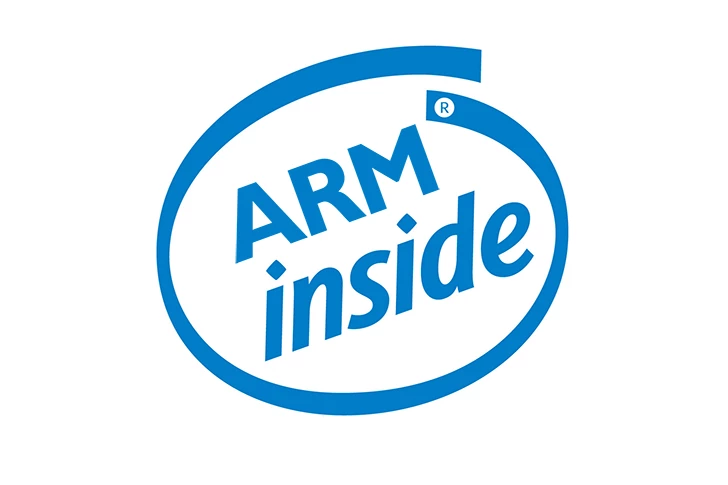
Intel announced that one of its factories will start making ARM-based chips, initially for LG Electronics, who will use them in its smartphones. If you’re not familiar with ARM, see our recent article.
Intel completely missed the mobile wave, to the point that last April, it announced that it was pulling out of the market altogether, giving up on its Broxton and SoFIA processors. Today, all smartphones run on ARM SoCs. Intel has now embraced its rival’s technology to re-enter the mobile and IoT market. ARM said the move was win-win: clients will benefit from both ARM-based SoCs and Intel’s 10-nanometre printing ability (see our article on Moore’s Law). The Intel-ARM deal could be of interest to Apple, whose Ax processors for iPhones and Sx processors for Apple Watch are currently being built by Samsung and Taiwan Semiconductor Manufacturing Company (TSMC). Apple may take advantage of the opportunity to jettison Samsung, who is not just its supplier but also a direct, cut-throat competitor. Further, Intel’s XMM 7360 modem will be replacing the Qualcomm 9X45 on Apple’s iPhone 7. Apple could even mandate Intel to produce a complete 10-nm SoC, using the Ax processor and the XMM 7360 modem.
⇨ BBC News, “Intel factory to make ARM-based smartphone chips.”
⇨ ARM Connected Community Blog, “ARM IP and Intel Custom Foundry collaboration: A new era for premium mobile design.”
Onion Omega2
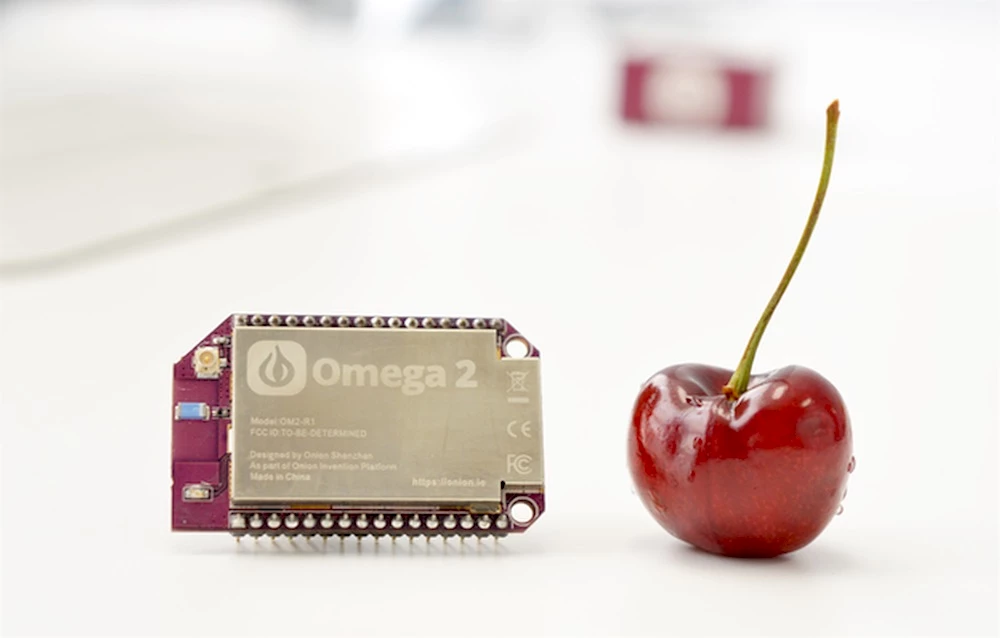
The first version of the Omega mini-computer cost US$20. Its latest model, at US$5, is the same price as the Raspberry Pi Zero. The Omega2 packs a 580 MHz CPU, 64MB of memory, 16MB of storage, and standard Wi-Fi in a tiny package. Operating on Linux (OpenWrt) or FreeBSD, it is particularly well-suited for IoT solution development. Available as of November, the Onion Omega2 can be pre-ordered on KickStarter.
⇨ Circuit Breaker, “The Onion Omega2 is a tiny little computer that only costs $5.”
Raspberry Shake
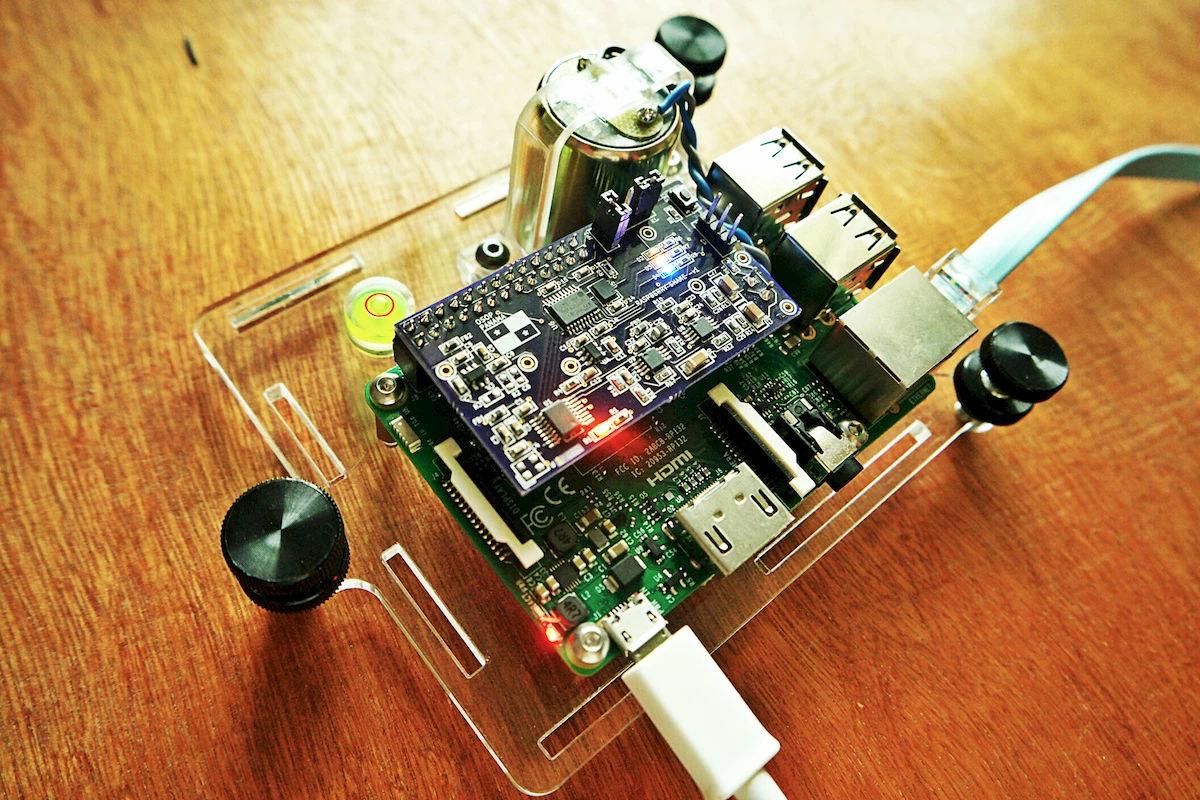
Raspberry Shake is a seismograph that records earthquakes from about magnitude 2 and higher within a radius of 50 miles, and a magnitude 4 and higher in a radius of 300 miles. It will also record earthquakes of larger magnitudes farther away but it will miss some of the subtleties. Raspberry Shake can detect and record short period (0.5 - 15 Hz) earthquakes; the farther away an earthquake, the less of that range of frequencies can be recorded. Available as of November, the Raspberry Shake can be pre-ordered on KickStarter.
⇨ Circuit Breaker, “This Raspberry Pi seismograph detects vibrations from earthquakes to footsteps.”
Self-driving buses
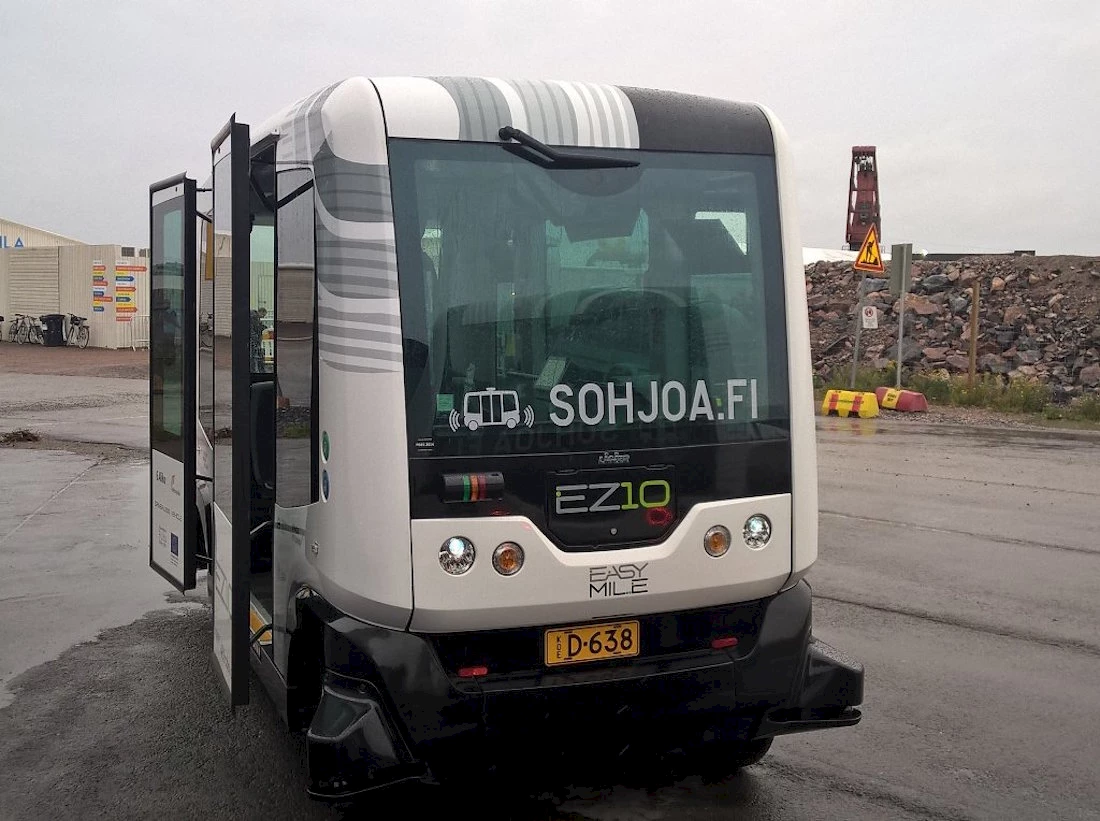
Two self-driving small electric buses began plying the roads of Helsinki this week—in real traffic. They are able to travel at speeds of up to 25 miles per hour, although they are restricted to seven miles per hour during their trial period. The project is part of Helsinki’s ambitious plan to make car ownership in the city obsolete within a decade.
⇨ CNN Money, “Self-driving buses are roaming the streets of Helsinki.”
⇨ CNET, “Self-driving buses roll onto Helsinki’s roads.”
Cozmo, the mischievous robot
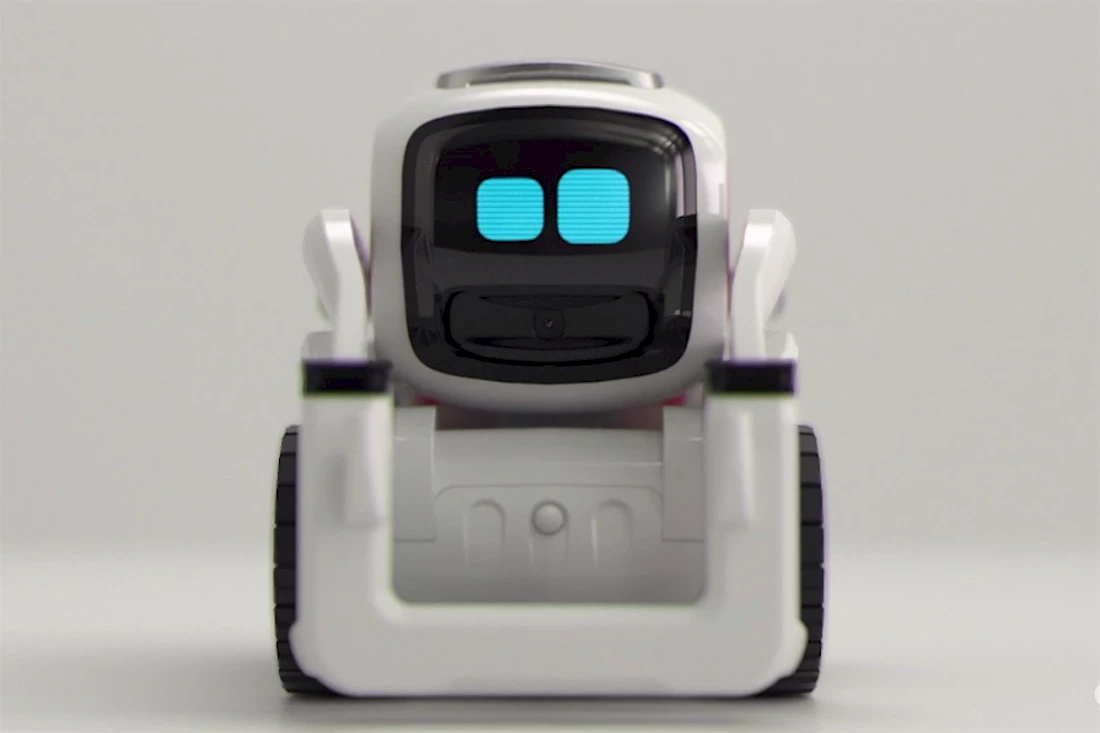
Cozmo is an adorable, hand-sized robot modelled on WALL-E. It can be directed with an Android or iOS phone and is equipped with multiple sensors to understand its environment, and a camera for facial recognition. Thanks to its artificial intelligence, it is capable of simulating emotions. When bored, it plays Breakout; when recharging, it falls asleep and snores. Available as of next October, Cozmo can be pre-ordered now for US$160.
⇨ The Verge, “Anki’s new Cozmo ad shows a mischievous toy robot pulling pranks in your home.”
